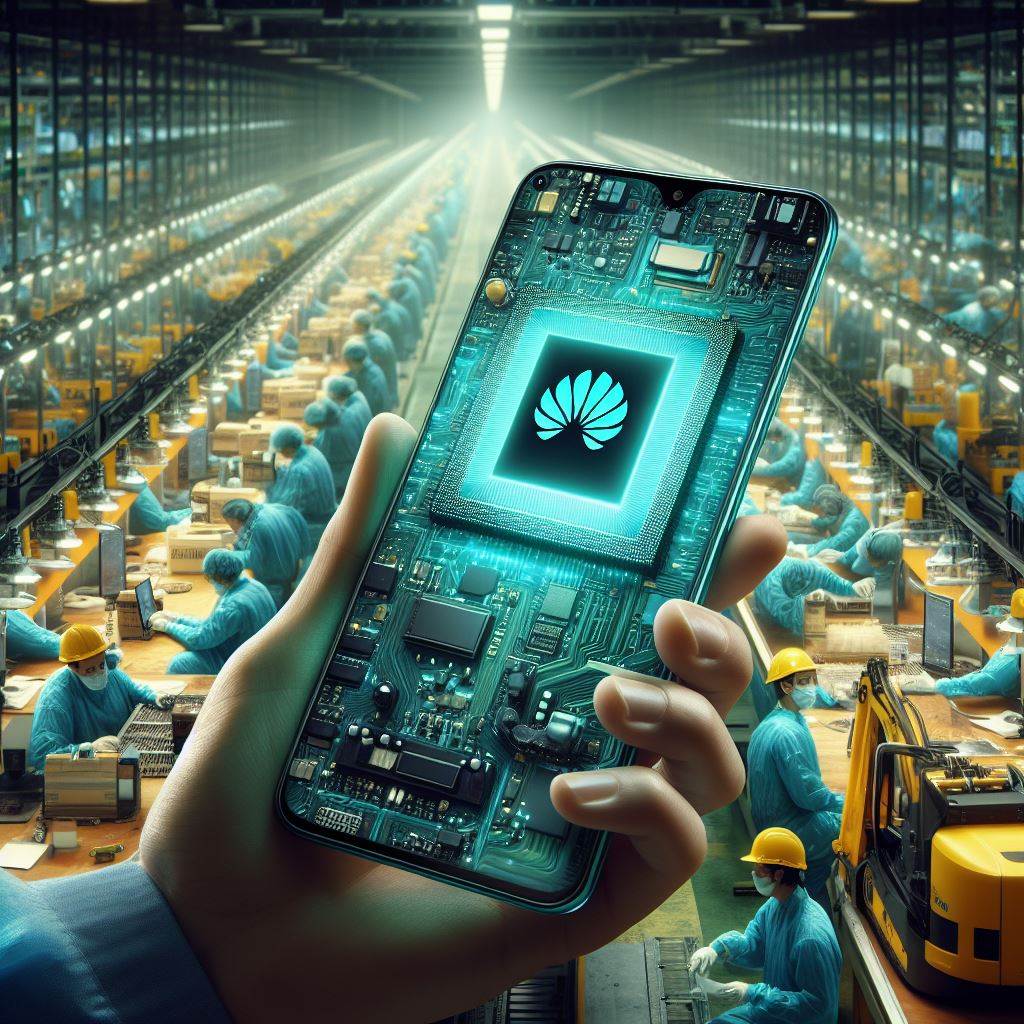
Huawei, once a dominant player in the Chinese smartphone market, is redirecting its production efforts towards meeting the increased demand for its AI chips. This strategic shift comes as Huawei grapples with US restrictions on AI chip manufacturing in China, prompting the tech giant to prioritize its Ascend chips over smartphone production.
According to Reuters, Huawei has slowed down the rollout of its Mate 60 smartphones in favor of ramping up production of its AI chips, driven by growing popularity and manufacturing constraints. The decision reflects Huawei's response to evolving market dynamics and regulatory challenges, including restrictions imposed by the US to limit investments in AI chip manufacturing in China.
Huawei's Ascend AI chipsets leverage the company's architecture to support a wide range of AI applications, promising enhanced performance and cost reduction. This move underscores the significance of AI in Huawei's business strategy as it seeks to navigate challenges in the smartphone market and capitalize on opportunities in AI-driven technologies.
Despite recent struggles in the smartphone market, Huawei's Mate 60 smartphones, powered by AI chips manufactured by SMIC, have witnessed strong demand, contributing to a 36% year-on-year growth in shipments and a 13.9% market share in China. Counterpoint Technology Market Research reports Huawei's resurgence as the top smartphone vendor in China, indicating the growing influence of its AI chips in driving market competitiveness.
The global demand for advanced AI technologies has spurred businesses to invest in cutting-edge chip technology to accelerate digital transformations. Huawei's strategic emphasis on AI chip production reflects the company's commitment to innovation and adaptation in response to changing market dynamics and regulatory environments.
Amidst US sanctions and increasing competition in the AI chip market, Huawei's shift towards prioritizing AI chip production aligns with broader trends in the digital economy. With China aiming to boost its computing power and emerge as a global leader in AI by 2030, investments in AI technologies, including chip manufacturing, are crucial drivers of economic growth and technological advancement in the region.
As Huawei navigates regulatory challenges and market dynamics, its focus on AI chip production underscores the pivotal role of AI in shaping the future of technology and driving innovation in the digital economy.